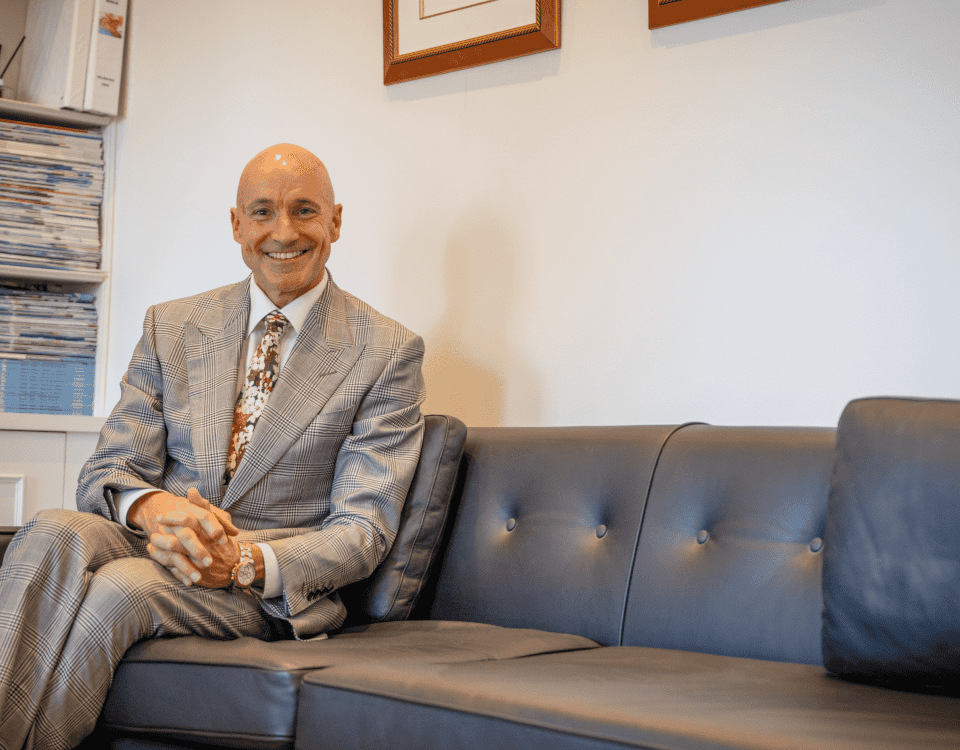
Your body is brilliant. Ask any doctor. The number of processes and actions a single human body performs in one day is quite remarkable and yet, the society-induced scrutiny of our physical appearance leads us to devalue them considerably. Mass media makes it almost impossible for us to bypass our visual reflections and instead, appreciate our bodies as complex systems that allow us to live our lives. It’s often only when our health is threatened that we place more importance on our physical wellness than our outward appearance.
Body neutrality isn’t yet a widely known practice and may not sound empowering, but there is freedom to be found in acknowledging your body without aesthetic judgement. Here’s how to take a welcome step back from your appearance, and a refreshing step forward in embracing function over form.
You don’t need to love, or hate, your body
All the way from the mainstream media to micro-influencers, the messages around body relationships seem to be exclusively binary in that we should absolutely love our bodies or hate them and want to fix everything about them. There are many outlets that trade off these love/hate body relationships. Fashion manufacturers are constantly vying for a share of the plus-size market through ‘big is beautiful’ campaigns, while the fad diet industry remains an insatiable, billion-dollar beast.
Body neutrality is the mirrorless middle ground that we’ve all been waiting to stand on. It’s where we can stop and breathe a sigh of relief with the understanding that our bodies are the key to existence. This practice shuns commercial messaging, calorie counting, diet culture, daily scales and Instagram ideals. Becoming body neutral means entering a space where you understand that your body is simply the living self. It allows you to feel, see, hear and experience life. Recognising that the body is a natural evolutionary achievement, instead of something to be mastered and controlled, is worth more than anything a reflection can represent.

The problem with hardcore body positivity
We’ve all seen that magazine article that suggests that we should love our bodies unconditionally. You would have spotted the hashtags #allbodiesarebeautiful #bodylove and #bodypositive. While originally well-intentioned, the hardcore body positivity movement has drawn criticism as being focused on celebrating the outward appearance over the importance of our inner health. The body-positive movement also fails to acknowledge people who have complicated or dangerous relationships with food. Affirmations such as ‘eat the damn cupcake’ or ‘done with dieting’ are ignorant of those who have had lifelong struggles with eating disorders.
One of the main dangers of hardcore body positivity is that it can do more harm than good for individuals who may be suffering from life-threatening health problems directly linked to obesity. Body positivity tends to gloss over issues that can come with being in an unhealthy weight range such as high blood pressure, diabetes and a higher risk of heart attack or stroke. Wanting to simply feel good in yourself and about yourself is still something you can aspire to, but surface affirmations do not equal genuine health improvement. This is why you won’t see too many medical professionals campaigning for unconditional body positivity.
As our Winnett Specialist Group Practice Manager Vivienne Dutton explains, “As medical practitioners, we believe it is vital to place more importance on your body’s physical health over its outward appearance. It goes without saying anyway that the healthier you are inside will lead to positive effects on your visual appearance anyway.”
Making neutral statements
Say goodbye to positive or negative self-talk. Body neutrality is your ticket to bypassing your daily body criticism and just getting on with your life. While trying to love your body feels like something else to put on your to-do list, body neutrality is a utilitarian approach underscored with acknowledgement of human function. The beauty of this practice is that it doesn’t take a lot of practice at all but rather, worrying less about how your body looks before you walk out the door. Here are some neutral statements to help you along the way.
“My body will lead me to new experiences.”
“This is my body and I’m alive today.”
“My body will give me the strength I need.”
“I have the energy to achieve what I want.”
“My body will help me get through today.”
“I can rely on my body to be there for me.”
“It feels good to simply be alive.”
“My body will let me make the most of life today.”

Here to help
Winnett Specialist Group has worked with thousands of people who have had complicated relationships with their bodies and food. Many of our patients have suffered from eating disorders and mental health conditions that have led to irreversible weight problems. If you want to have an open discussion about improving your health through weight loss surgery, please get in touch online or call 03 9417 1555.



